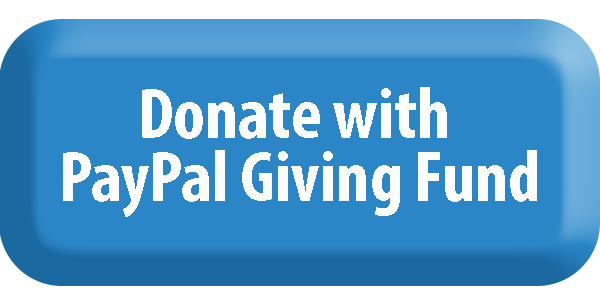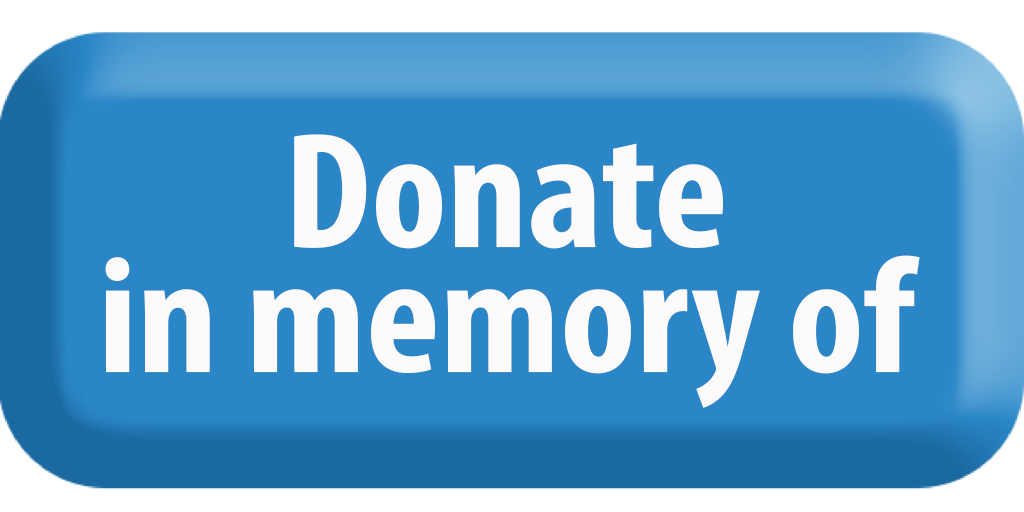Dear Hope Nation,
I don’t know what your recovery looks like, and, unless you want to tell me about it, it’s really none of my business. My role, and the role of all recovery coaches, is to support your journey no matter what path you’ve chosen. If that path’s not working for you, or if you’re just ready to try something new, I can help you explore other options or assist you in lashing together your own form of recovery. This seems like a bedrock principle of recovery: you’re in recovery when you say you’re in recovery, and your recovery is yours, nobody else’s. Sometimes that simple message gets undermined when we hear from others what we should be doing, what meetings we should attend, what books we should be following. Bullshould!
The only recovery I should be judging and changing is my own. To that end, let me tell you about my own recovery practices, not because they are recommended or suggested or dictated or even effective for anyone else, but precisely because they’re not. This is what works for me, right now, not what will work for you or you or most especially you at any point in the future.
(Because of the words that fly out of my brain and through my fingers, I recognize this letter could turn out to be way too long, so today I’m going to talk about meetings and place. At some future point, I’ll write about reading/listening materials, spiritual practices, fellowship and whatever I think of in between.)
Meetings—For my first year in recovery, I went to a meeting every single day. Luckily, because I lived in a homeless shelter for veterans and for the first few months had just a part-time job that didn’t require any thought outside my working hours, this was fairly simple. I planned my day around which meeting I was going to attend. I didn’t have a vehicle or a drivers license, so walking was my only form of transportation. Even if it meant walking three miles to a meeting and trying to find a ride home, I needed to touch base with other folks in recovery every day. Over time, of course, I developed relationships with enough folks to work out transportation. Still, long walks to meetings gave me time to ponder and further strengthened my resolve.
Thirteen-and-a-half years later, my personal need for daily meetings is gone, although it reappears during times of stress or unusual circumstances. Since the pandemic began, I’ve managed to go to at least one in-person meeting a week, a private meeting with about a dozen other men, men who have become part of my pandemic pod. Additionally, I meet with a subgroup of these same men for a smaller meeting where the focus is on understanding “spiritual” literature from throughout history.
Over the summer, when in-person outdoor meetings began to grow, I attended one or three per week. As evidence of my still-limited spiritual growth, one thing I really enjoyed about these meetings was being able to smoke.
Although many folks find Zoom meetings a workable substitute for three-dimensional ones, I am not among them. Zoom meetings, for me, are like trying to breathe through a straw—they provide enough recovery to stay alive, but not enough to thrive. Still, I’ve attended a few dozen, and am glad they are there for those who like them.
Place—Since you’re reading this, you know I’m the leader of Hope for New Hampshire Recovery in Manchester. I attend meetings at Hope, whether on Zoom or, before and (soon!) again, but those meetings are not part of my recovery. They are my job, a job I love, but still my job. For sort of the same reason, unless I’ve been invited by someone receiving a chip, keychain or medallion, I don’t practice my recovery in greater Manchester, preferring to keep it in a different city entirely. For my form of recovery to work, I must have a willingness to appear fragile and vulnerable and absurd. I need to be another clown climbing out of the car, not a potential ringmaster.
One of the most moving moments in my recovery came when I was in London a couple years ago, and attended a meeting at a nondescript church in a decidedly non-bustling part of the city. The speaker at the meeting was a legitimate celebrity—you’d absolutely know his name. When he spoke, though, he didn’t allude to any part of his career—he talked about how his recovery affects his relationship with his daughters. Just another clown.
Like me and like you.
You matter. I matter. We matter.
Keith



